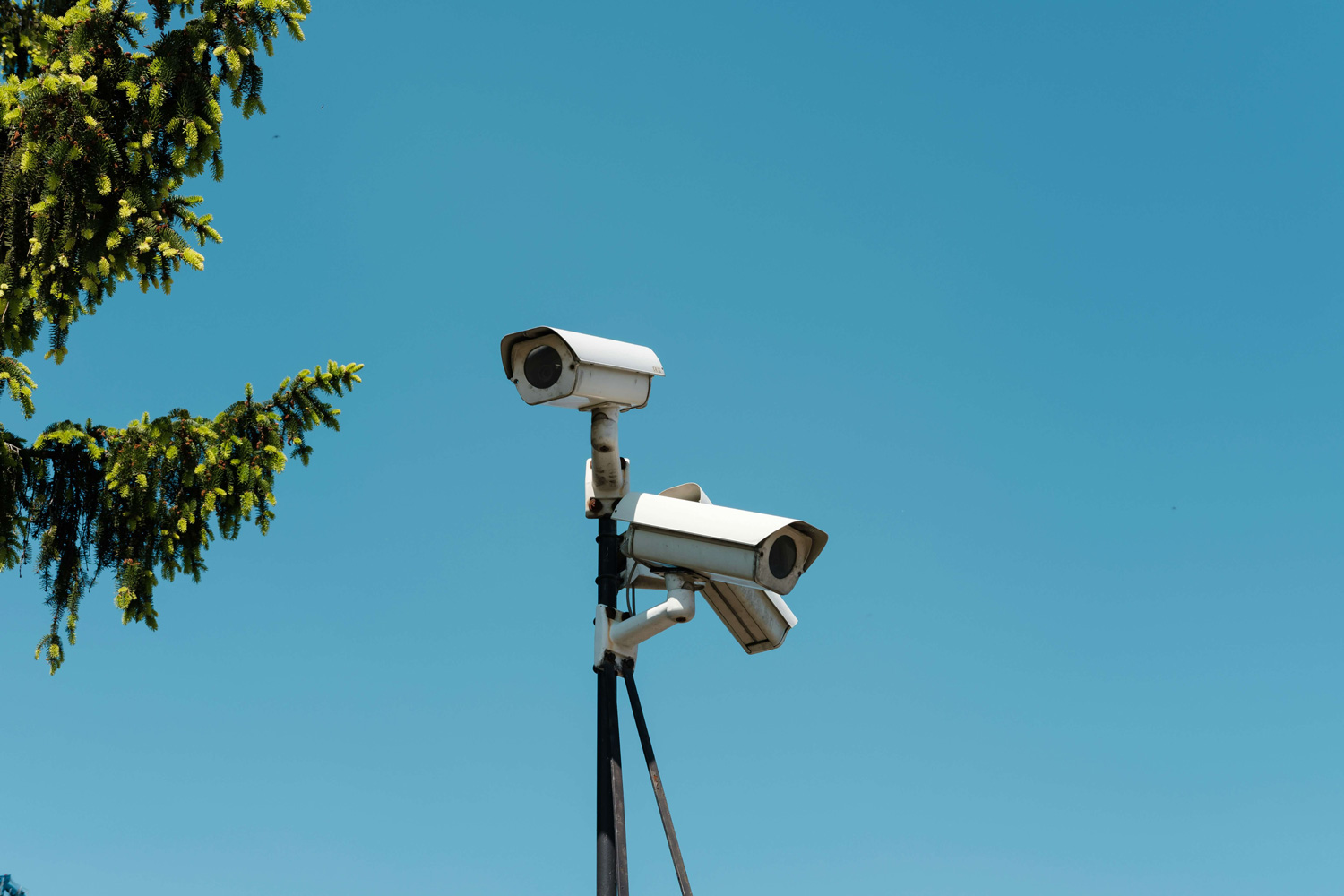A recent research article published in the Journal of Academic Research by Philip M. Newton and Keioni Essex of Swansea University Medical School, Swansea SA2 8PP, Wales, UK (
Springer Link) shows that cheating in online exams increased significantly from 29.9% before COVID-19 to 54.7% during the pandemic. This dramatic increase in cheating highlights the urgent need for robust security solutions to ensure exam integrity. The article also refers to the 'reduced occurrence of cheating' when remote proctoring was administered.
Why integrity in assessments matters
Every exam is built on the principles of integrity and credibility. Without them, assessments can lose their value and not indicate the actual knowledge possessed by the examinee. This challenge gets magnified when assessments are conducted online, where monitoring large groups of candidates becomes more challenging. This loss of value can have the following consequences:
Ethical consequences: Cheating undermines the core values of honesty and integrity. It devalues the efforts of those who play by the rules and creates an environment where dishonest behaviour is tolerated.
Legal consequences: In some cases, cheating can lead to legal repercussions, especially if it involves fraudulent certification or credentials. Legal actions can tarnish the reputation of both individuals and organisations involved.
Trust issues: When cheating becomes prevalent, trust in the assessment process erodes. Stakeholders, including employers, educators, and test-takers, may question the validity of results, leading to a loss of confidence in the institution or company.
Underdeveloped skills: When assessments fail to reflect true abilities, individuals may advance with skills that are not fully developed. This can lead to poor job performance and a lack of preparedness for real-world challenges.
 Image courtesy of Emiliano Cicero via Unsplash
Image courtesy of Emiliano Cicero via Unsplash
The Solution: Proctored digital assessments
Assessment tools with real-time AI proctoring or human proctoring offer a compelling solution to mitigate the risks associated with cheating and ensure standardised evaluation. They leverage advanced technology to create a secure and fair testing environment.
Advantages of remotely proctored online assessments
Accessibility and convenience: Candidates can participate from any location with internet access, eliminating the need for physical travel to testing centres. This convenience makes it easier for organisations to reach a wider pool of candidates.
Scalability: Unlike traditional exams, which are limited by physical space, digital assessments can accommodate a large number of candidates simultaneously. This scalability is particularly advantageous for institutions with a global reach.
Cost-effectiveness: By reducing the need for logistics such as printing exam papers, hiring invigilators, and maintaining physical infrastructure, online assessments present a more cost-effective solution without compromising quality.
Security: Advanced proctoring technology in assessment tools ensures the integrity of assessments by detecting and preventing dishonest behaviour. This technology enhances trust in the evaluation process by maintaining a high level of security.
Benefits of AI proctoring
AI-based automated proctoring introduces a new level of sophistication to online assessments, offering several key benefits that ensure a secure and credible testing environment that go beyond human proctoring.
Verification: Automated proctoring systems in assessment tools verify the identity of test-takers, ensuring that the registered individual is the one taking the assessment. This step is crucial in preventing impersonation.
Maintaining integrity: The AI-powered proctoring system monitors candidates throughout the exam, detecting and flagging suspicious behaviours such as unauthorised access to materials or collaboration with others. This ensures that the assessment results reflect the candidate's actual abilities.
Fairness: By applying consistent monitoring standards to all candidates, regardless of their location or timing, automated proctoring promotes fairness and impartiality in the evaluation process. Audit trails help with fair investigations in the event the results are challenged.
Efficiency: Automated systems streamline the monitoring process, reducing the need for manual oversight and eliminating subjectivity. This efficiency allows administrators to focus on other critical tasks
 Image courtesy of Seo Galaxy via Unsplash
Image courtesy of Seo Galaxy via Unsplash
Candidates' concerns about remote proctoring
Several studies on candidates' experiences have brought to light their key concerns about remote proctored exams. Test administrators and technology providers must address these concerns to ensure a fair and stress-free testing experience.
False positives: One of the primary concerns is the possibility of false positives, where the remote proctoring system incorrectly flags a candidate for suspicious behaviour. Such errors can be distressing, leading to unnecessary stress during the exam and even questioning the validity of the digital assessment results.
Privacy: Candidates often worry about the level of surveillance involved in remote proctoring, whether it is AI Proctoring or by human proctors. The idea of being constantly monitored, with video and audio feeds recorded can be intrusive. Addressing these concerns requires transparent communication about what data is collected, how it is used, and how long it is retained.
Data protection: With the increasing use of AI in assessment tools, data protection is a significant concern. Candidates need assurance that their personal information, including biometric data is secure and compliant with data protection regulations. Ensuring robust data encryption and clear data handling policies are essential to building trust.
Technical issues: Technical difficulties during digital assessments can add unnecessary stress for candidates. These issues can disrupt the flow of the exam and create a sense of uncertainty, impacting performance. These include:
- Poor connectivity: Unstable internet connections can disrupt exams, causing frustration and anxiety.
- Software couldn't detect the face: Glitches in facial recognition technology can prevent candidates from starting or continuing their exams.
- Unfamiliar with the software: A lack of familiarity with proctoring software can lead to errors, negatively impacting the candidate's performance.
- Lack of quiet place for testing: Many candidates struggle to find a quiet environment for their exams, leading to distractions and stress. This challenge can hinder their ability to focus, potentially affecting their overall performance and fairness in the assessment.
The future of AI proctoring
As AI proctoring continues to evolve, its ability to recognise and respond to the nuances of candidate behaviour will become even more refined. This promises an even greater alignment with the principles of fairness and accuracy, making digital assessment a reliable reflection of candidates' true capabilities. With SCORA®'s seamless integration with Shinkan's robust proctoring technology, organisations can confidently conduct assessments that uphold the values of integrity and credibility, ensuring that assessment outcomes accurately reflect assessment objectives.
Scora ProctorTM, a security solution powered by purpose-built Shinkan's advanced AI technology, coupled with identity checks like liveness and photo ID verification akin to the KYC procedures of banks and financial institutions using AWS's Rekognition technology, ETH Zurich's Secure Browser technology and other inherent security features built into the Test Engine offers reliable exam security to test providers.
The system is designed to reduce false positives, ensuring that honest candidates are not unfairly penalised while providing accurate insights to administrators.
With robust measures in place, automated proctoring along with secure browsers protect candidate data and assessment content from unauthorised access or breaches, ensuring privacy and compliance with data protection regulations. If service providers implement stringent policies and practices aligned with privacy laws to protect users' personal data, remote proctoring can be a credible alternative to testing in physical centres for several types of exams.
Click here to learn more about Scora SecurityTM.
 Image courtesy of Emiliano Cicero via Unsplash
Image courtesy of Emiliano Cicero via Unsplash






